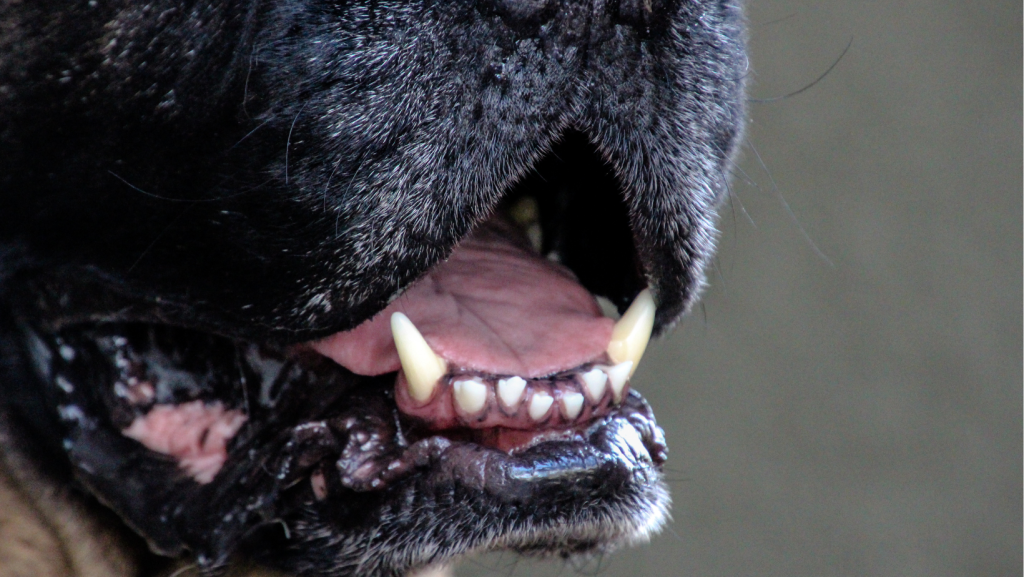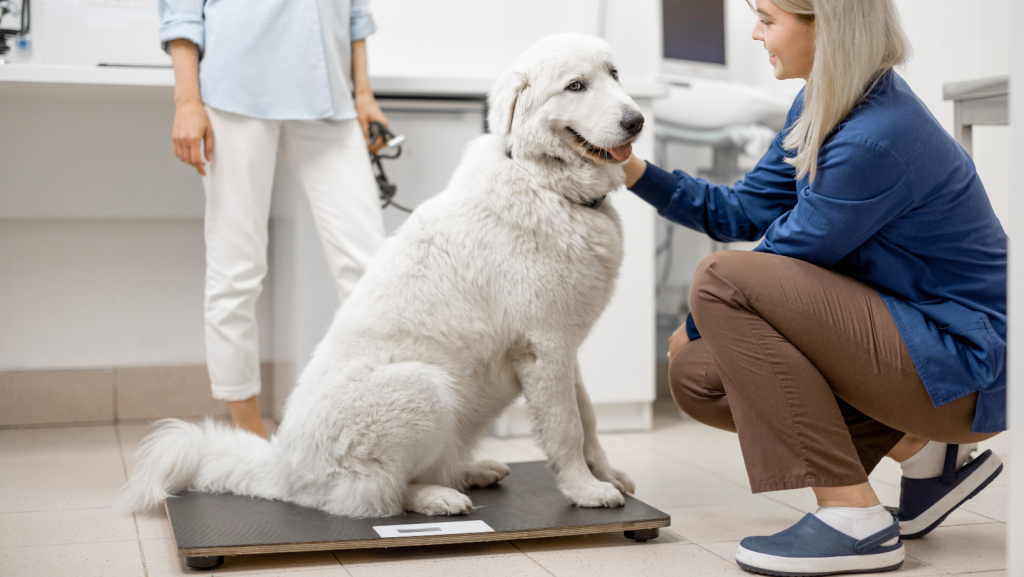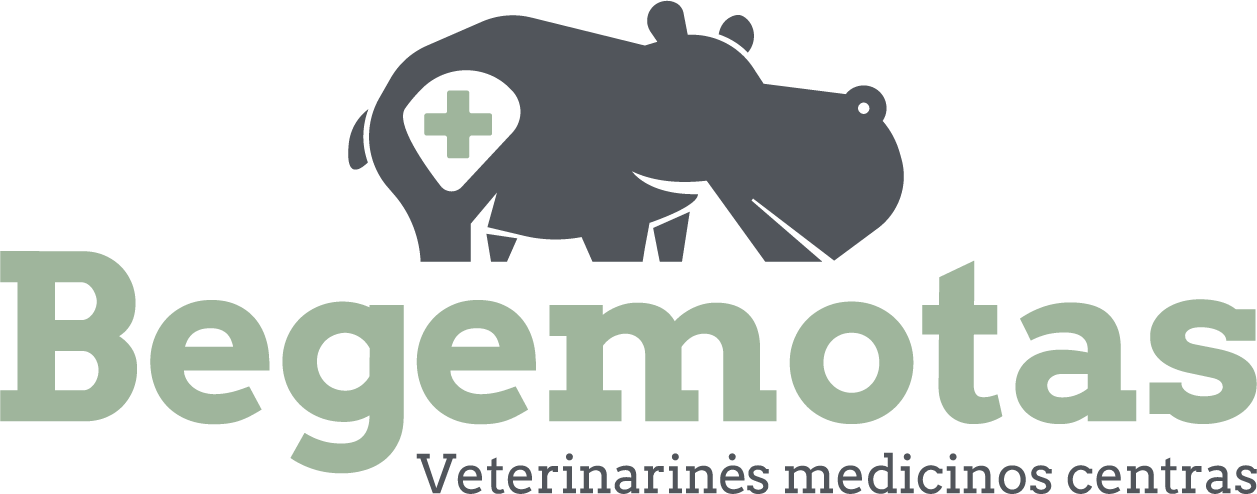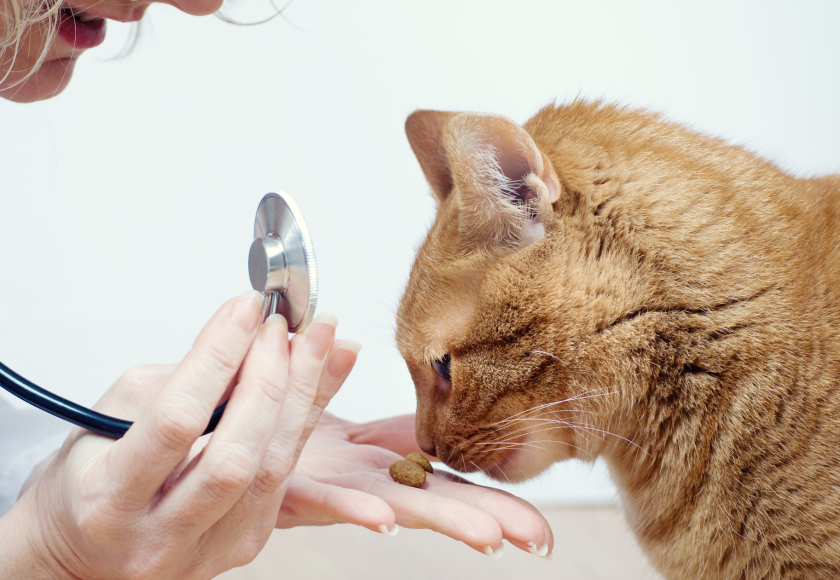If your dog is breathing heavily or gasping for air, this is a serious medical condition. If your dog is breathing heavily for no apparent reason—it has not been exercising, experiencing stress, or excitement— contact your veterinarian immediately.
This is especially important if the heavy breathing or choking is accompanied by lethargy, coughing, discharge from the eyes or nose, discoloration of the gums, fainting, general weakness, increased breathing rate during sleep, bleeding from the nose or mouth, bruising on the abdomen, or obvious trauma.
Table of contents
Why is my dog choking?
If your dog is panting or breathing heavily after vigorous exercise, running, warm weather in summer, stress, or excitement, this may be normal. However, if your dog is breathing heavily or gasping for breath constantly or repeatedly without any additional stimulus, this may be a sign of a serious illness or injury.
Heavy breathing or panting in dogs should not be ignored, as it can be fatal if left untreated. We remind you that your dog should be taken to a veterinarian immediately if:
- The dog cannot get comfortable or lie down
- Rapid, heavy breathing becomes constant
- The dog is apathetic
- The dog shows signs of weakness and fainting
- The dog stands with its neck stretched out
- The color of the dog’s gums has changed from pink to blue, purple, gray, or white
- The dog’s belly area is swollen, the dog seems bloated
- There is yellow or green discharge from the dog’s mouth, nose, or eyes
- The dog stops eating, vomits, has diarrhea
It is also very important to note that:
- Chronic cough
- Increased breathing rate during sleep (more than 30 breaths per minute)
- Slightly reduced appetite
- Occasional vomiting/loose stools
- Intolerance to physical exertion (for example: your dog used to be able to walk 1 kilometer without any problems, but now it lies down after a few minutes of walking)

8 types and signs of heavy breathing and panting in dogs
Heavy breathing in dogs is a general term that can encompass many types of abnormal breathing in dogs.
1. Heavy breathing in dogs
Dogs that have difficulty breathing often stand with their front legs spread wider apart so that their chest can expand fully. They may also stretch their necks. A dog’s labored breathing may be accompanied by coughing; pale, gray, or blue/purple gums; or fluid coming from the mouth or nose.
If you notice these signs, take your dog to the vet as soon as possible. Difficulty breathing can be a symptom of many causes or diseases, including heart failure, hypertension, pneumonia, pneumothorax, fluid around the lungs or heart, cancer, or bronchitis.
- Why does an older dog gasp for air or have difficulty breathing? Older dogs may experience difficulty breathing or gasping for air due to heart failure, lung cancer, or bronchitis.
- Why is my puppy gasping for air or having difficulty breathing? If your puppy is lively, alert, playful, and eating well, there is no need to worry about heavy breathing, as this is often a sign of tiredness or excitement. Puppies also tend to breathe heavily during sleep due to dreaming. However, if your puppy is sleepy, has discharge from its nose or eyes, is vomiting, has diarrhea, is coughing, has stopped eating, or tires quickly during normal physical activity, have it examined by a veterinarian as soon as possible. Puppies can have heart and lung worms and may even be prone to pneumonia and congenital heart disease.
2. Rapid breathing
Rapid breathing is normal if your dog has been actively exercising, running, is excited, or experiencing stress, but it should not continue when he is resting or sleeping. If your dog’s breathing rate increases while sleeping or resting (usually more than 30 breaths per minute), this is a sign that urgent medical attention is needed.
Rapid breathing can be caused by lung, heart, or respiratory diseases, or overheating (heat stroke).

3. The dog is panting
Panting is a natural way for dogs to regulate their body temperature. Dogs pant when they are too hot, after physical exertion, or when experiencing stress. Unlike humans, dogs only have sweat glands in their paws, so they cool down faster by breathing with their mouths open.
Normal panting does not last long, breathing remains steady, and the dog’s behavior is normal. A dog usually pants 10-30 times per minute, depending on its size. However, if a dog pants heavily while resting, at night, or for no apparent reason, this may be a sign of health problems.
Why does the dog bark loudly?
Dogs usually pant heavily due to:
- overheating or heat stroke,
- heart failure,
- respiratory diseases,
- poisoning,
- trauma or severe pain,
- reactions to medications (e.g., prednisolone),
- Cushing’s syndrome,
- allergies or infections.
Some breeds, such as pugs, bulldogs, and German boxers, are more prone to panting more frequently and intensely due to their shorter snouts and anatomical features of their respiratory system.
If your dog is panting heavily and is also lethargic, has changed behavior, or has other symptoms, you should contact your veterinarian immediately. Sudden changes in panting can be a sign of a serious health problem.
4. Heavy breathing through the nose in dogs
Flared nostrils may be associated with intense play or running, stress, aggression, or excitement. However, if your dog is breathing heavily and intensely through its nose, you should consult a veterinarian.
5. Dogs breathing with their stomachs
A healthy dog’s breathing is rhythmic, and the dog’s chest and abdomen should move together when breathing. If your dog breathes more with its abdomen, it may mean that it has difficulty exhaling air from its lungs. This problem is a sign that you need to take your pet to the vet.
Abdominal breathing in dogs often occurs in cases of heart failure, fluid or air accumulation around the lungs, or respiratory diseases (e.g., bronchitis).
6. Super fast breathing/panting in dogs
If your dog is breathing short and very fast, as if gasping for air, while at rest, not playing, running, or experiencing stress, this may indicate serious health problems that should be evaluated by your veterinarian as soon as possible.
7. Heavy breathing in dogs at rest
Heavy breathing at rest or during sleep may be the first sign of lung or respiratory problems. Dogs with heart disease or heart failure often show clinical signs of heavy breathing, long inhalations and exhalations, and difficulty moving their abdomen or chest when breathing.
Heavy breathing in dogs at night – intense breathing at night or while sleeping may be a sign of lung or respiratory tract disease. If your dog is coughing, has a stretched neck, discolored gums, or has difficulty feeling comfortable or lying down, these may be signs of stomach torsion or heart failure. Contact your veterinarian immediately, as this can be fatal.

8. Dog breathing through a blocked nose
Your dog may breathe more through its mouth if its nose is blocked. If heavy breathing is accompanied by drowsiness, nasal/eye discharge, changes in facial symmetry, chronic sneezing, or changes in appetite, consult your veterinarian. Causes of nasal congestion include allergies, viruses, infections, pneumonia, cancer, tumors, or foreign bodies in the nasal cavity.
How to help if your dog is choking or having difficulty breathing?
Unfortunately, there are no home remedies for heavy breathing or shortness of breath in dogs, especially in cases of serious illness. If your dog is breathing heavily or suffocating, it is very important to take it to the vet as soon as possible for tests, diagnosis, and appropriate treatment.
At the Begemotas Veterinary Clinic, veterinarians perform all the most accurate diagnostic tests for heavy breathing and shortness of breath: echocardiography of the heart and chest, electrocardiogram (ECG), X-ray examinations, general and biochemical blood tests, and determination of cortisol levels in the blood.
The canine cardiologist, pulmonologist, and therapists working at the Begemotas Veterinary Clinic not only eliminate the clinical manifestations of heavy breathing or wheezing, but also treat the serious heart and lung diseases that cause them.
The professionalism and competence of our veterinarians allow you to feel confident in choosing solutions that are beneficial to your pet’s health. Innovative solutions, new equipment, experience, care, and targeted, high-quality veterinary medicine – you will find all this at the Begemotas veterinary clinic.






